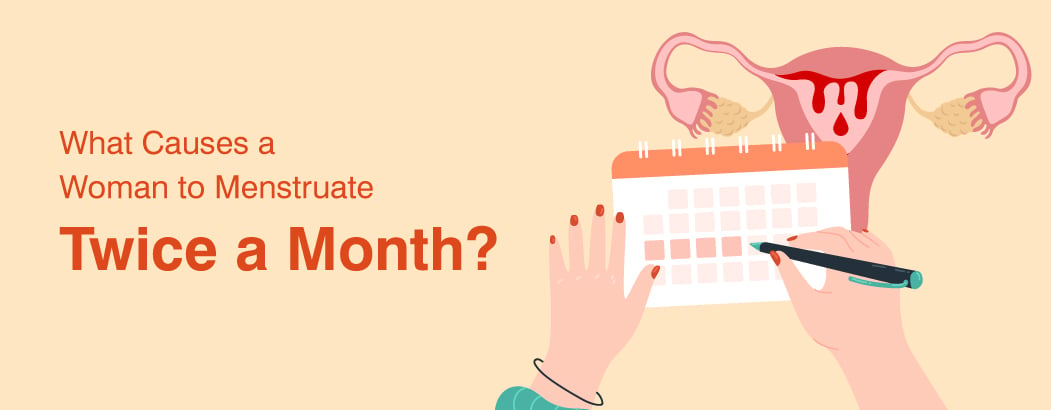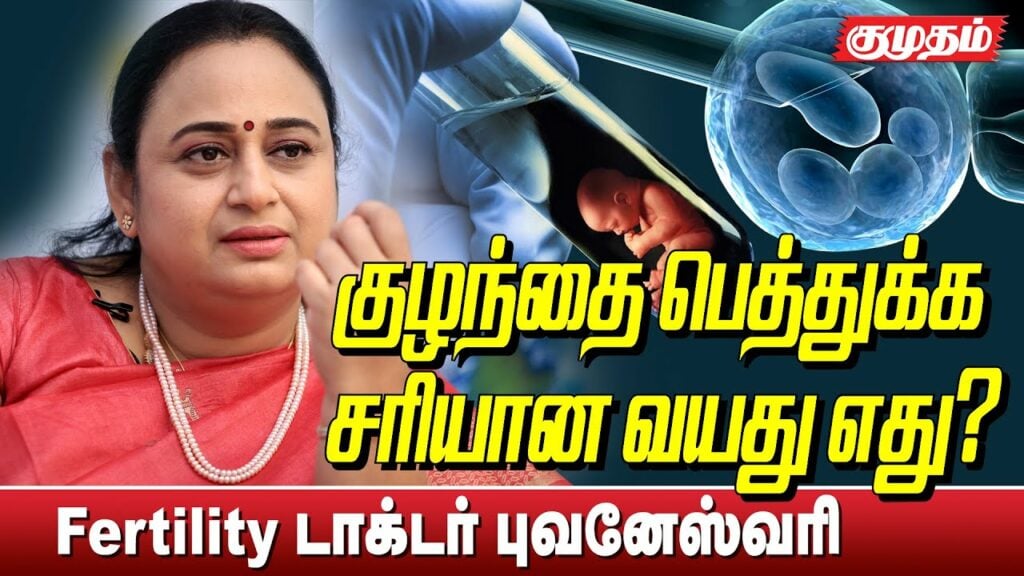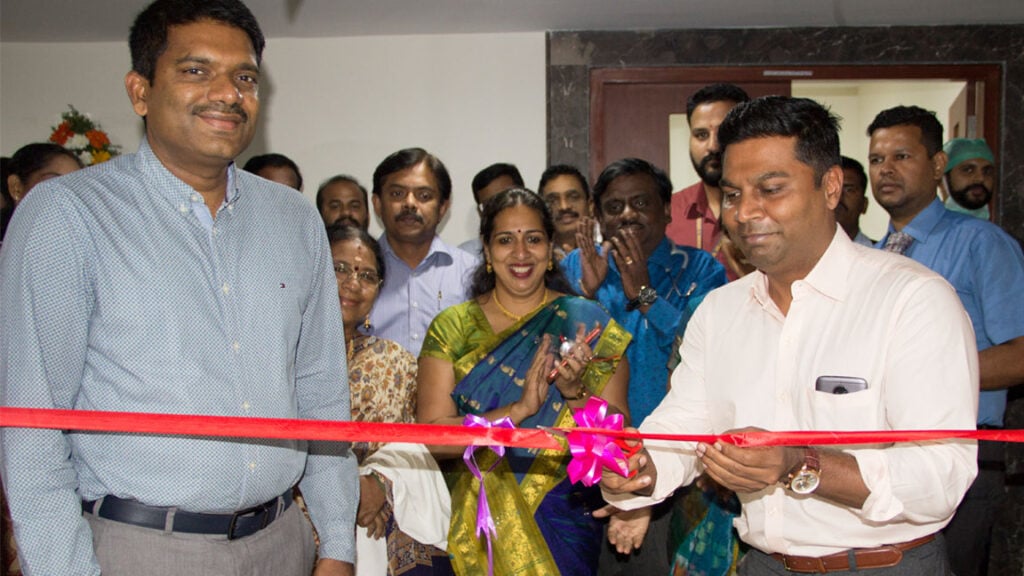Reproductive Gynaecology & Infertility
The magic of childbirth and the journey to motherhood is truly a wonderful experience. We want to make it achievable for those seeking to experience it and our Reproductive Gynaecology & Infertility department is committed to providing the best services to those seeking our help.
Menstrual Disorders
Menstrual cycle signifies all the changes a woman’s body undergoes every month in preparation for a possible pregnancy. She ovulates mid-cycle and if she does not get pregnant, menstruation occurs. Each cycle occurs between 21 – 35 days and may last anywhere between 2-8 days . Disturbances in the menstrual cycle and associated complications are usually the reason behind fertility issues. The root cause is often hormonal imbalance and targeted therapies are particularly effective in correcting the issue.
Common Menstrual Complaints
Here are few common menstrual complaints seen in women across the menstruating age:
- Premenstrual syndrome (PMS)
- Painful Periods
- Irregular Periods
- Amenorrhea
- Heavy bleeding
- Scanty bleeding
Menstrual Complaints – Diagnosis
Our doctors will talk to you about the problems you are experiencing and will do an examination and blood work if required. An ultrasound will be performed to check for PCOS, endometriosis and any other abnormalities if required. In case further investigation is needed, you will be advised a hysteroscopy and endometrial biopsy, etc
Menstrual Complaints – Treatments
Based on the results of your tests, our doctors will discuss a treatment plan with you. This involves the use of contraceptives to regulate your cycles and relieve you of your PMS, to prescribing hormonal injections to get your condition under control.
Fertility Issues
Fertility issues can occur in either partner and make conception very difficult. Fortunately, there are numerous therapies that improve the chances of pregnancy. The type of technique to follow is often determined after a thorough assessment of the patient’s history.
Fertility Treatments and Procedures
Infertility is a serious problem amongst the adult population, today. According to a WHO survey, one in every four couples suffer from infertility related problems.
What is Infertility?
Infertility can be defined as the inability to get pregnant or conceive within 12 months of unprotected sex.
What causes infertility?
Infertility can be due to problems with the male or female partner or both is some cases. Infertility due to female-factor accounts to over 30%. There are many causes that could lead to infertility and many others that we aren’t even aware of. These get classified under unexplained infertility.
Common Female-factor infertility:
- Ovulation disorders
- Advanced Maternal Age (greater than 35 years)
- Tubal blockage or occlusion
- Endometriosis
- Fibroids & Polyps
- History of Pelvic Infections or STDs
- Hormonal Imbalance
- Dealing with infertility
Infertility could be quite stressful for couples. At Dr. Rela’s we understand the pains and emotional turmoil experienced by couples to get pregnant on their own. To help them, our practitioners are well-trained in the latest advancements in the area of infertility and are qualified to perform various procedures in the most successful way. Required investigations are done for both partners to identify the underlying issue and give the best treatment possible.
Fertility Assessment
A couple’s fertility is thoroughly evaluated before drawing up a treatment protocol. Here’s how we do it at Dr. Rela’s Institute,
For Women:
Step 1: Collecting the medical and fertility history of the couple
Step 2: Blood work to check the hormonal levels (FSH, TSH, AMH), CBC, Haemoglobin, Diabetes, STD screening, Tuberculosis, etc.
Step 3: Pap smear
Step 4: Transvaginal Scan to assess the position of the Uterus, identify any uterine abnormalities, ovarian cysts, endometrial health, etc.
Step 5: If required, Check the patency of the Fallopian Tubes with the help of Sonosalpingogram and Hysterosalpingogram.
Step 6: If required, Hysteroscopy to get a thorough picture of the inside of the uterus.
For Men:
Step 1: Blood work to check for STD, Diabetes, CBC
Step 2: Semen Analysis: Sperm Count, Motility & Morphological fitness
Step 3: Sperm DNA fragmentation (If required)
Step 4: Assess Retrograde Ejaculation by testing the Urine sample (If required)
Once these tests are performed, our fertility experts will thoroughly assess your case and will discuss the prognosis with you and your partner. The treatment plan that’s suggested will consider various factors like your age, years of trying to conceive, underlying conditions, etc.
Infertility treatments offered at Dr. Rela’s Institute:
- IUI
- IVF
- ICSI
- Surrogacy
- Donor Sperm, Egg & Embryo Programs
- HES (Hysteroscopy & Endometrial Scraping) before IVF
- Intralipid treatment
- PRP treatment
Ovarian Cyst
Cysts are small fluid filled sacs in the ovaries and are often formed due to the menstrual cycle. Some cysts have functional purposes such as the release of estrogen and progesterone. Others can cause severe discomfort and pain. Larger cysts require surgery to be removed as there are no effective preventive measures available yet
Contraception Family planning and birth control can be achieved by employing various forms of contraception as per the individual’s needs.
Temporary method (Short Term, Long term)
Temporary contraceptive methods are reversible and women can conceive once they have been removed. There are both short term and long-term methods to achieve this. Short term methods include abstaining from sexual intercourse during fertile periods, using hormonal pills that prevent ovulation or using barriers such as a cervical cap that prevents sperm from reaching the egg.
Long term methods provide more durable contraceptive protection that can last about a decade. The most common technique is a T-shaped device placed inside the uterus. It is called an intrauterine device and is essentially a barrier that stops the sperm from reaching the egg.
Permanent method – Laparoscopic sterilization
A permanent method is an irreversible form of birth control that completely nulls conception. The method that’s predominantly adopted is called Laparoscopic sterilization or tubal ligation. It involves blocking a woman’s fallopian tubes in order to ensure that the eggs don’t fertilize.












